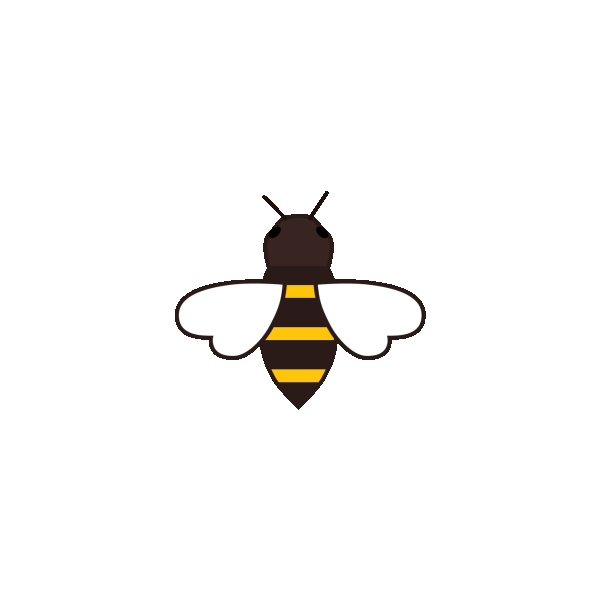Best Practices for Pollinator Gardening

Worldwide, approximately 1,000 plants grown for food, beverages, fibers, spices and medicines need to be pollinated by animals in order to produce the goods on which we depend. By planting gardens designed to attract and sustain pollinators, you’re supporting a healthy ecosystem. Pollinators clean the air, stabilize soils, protect us from severe weather, and support other wildlife.
When planning your garden, it’s best to include plants native to your region because they are adapted to your local climate and soil. You’ll see the best results if you choose a collection of plants that will bloom over an extended time period, from early spring into late fall.
Tips for Success
- Stay clear of pesticides. We suggest avoiding products that could introduce harmful elements to your environment. If you must use a pesticide, find one containing the least toxic material. Read labels carefully because you could actually put your beloved bees in danger with the wrong product. Always make sure to spray at night when the critters are less active.
- Skip modern hybrid flowers. Although some of these hybrid flowers are lovely to look at, they can be missing some important features that pollinators crave: nectar, fragrance and pollen.
- Add larval host plants to your garden. Grow plants for caterpillars to encourage future butterflies. Of course, the caterpillars will eat your leaves, so make sure you put them in a less conspicuous location.
Introduce other Items of Interest
- Create a damp area for butterflies and bees: mix sea salt with water from a dripping hose and you’ll have the perfect mud bath and salt lick.
- Add a hummingbird feeder: Use four parts water to one part table sugar. Keep it clean with hot soapy water to prevent mold.
- Share your snacks: Overripe bananas, oranges and other fruit scraps can be placed in the garden to add nectar resources. Don’t tell your neighbors!
- Don’t be too tidy. Leave some dead trees or limbs nearby to serve as nesting sites.
Teach your Children Well
It’s our job as adults to promote a healthy planet, and there are so many interesting ways to involve your kids in the wonder of pollinators. Educate them about terminology, habitats and the joy of nature. Come up with a fun list of activities to try such as garden bingo, scavenger hunts and craft projects.
Shop Eden Brothers’ suggested Bee Favorite products here, and be on your way to a beautiful and productive pollinator garden.